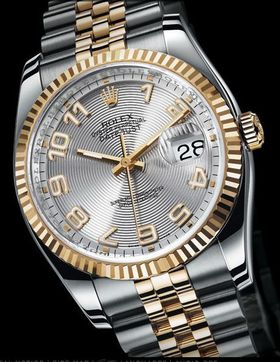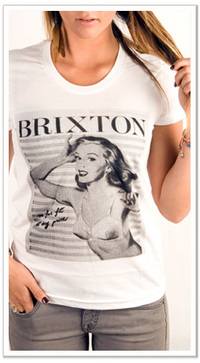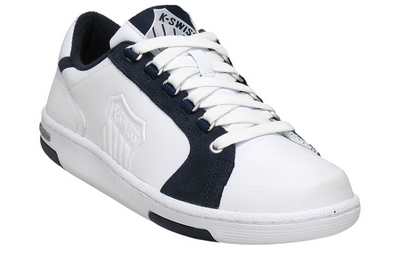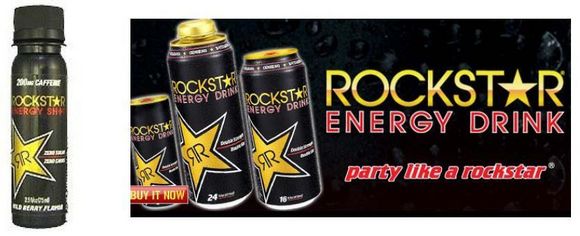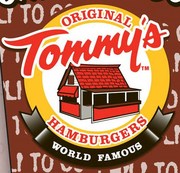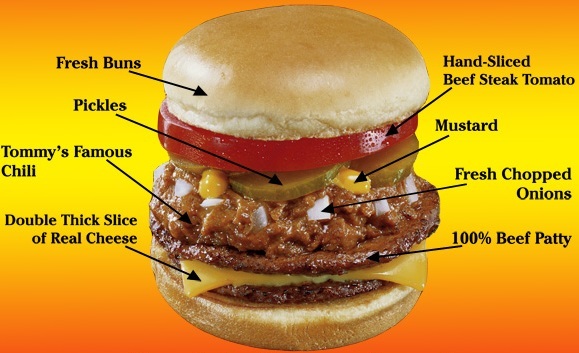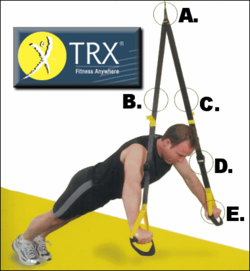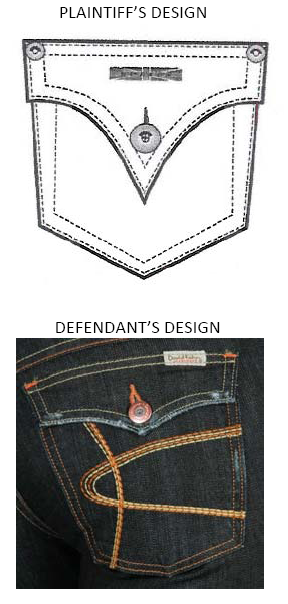Los Angeles, CA – Akar Studios is an architecture and interior design firm contracted by Defendant Foreign Exchange to develop a general design scheme, architectural designs and construction drawings for three of its clothing stores. Pursuant to a written agreement, Akar allegedly retained ownership of all copyrights in the works. Indeed, Akar states that “Foreign Exchange made no attempt, in the course of the negotiation of the contract, to secure rights to use Akar’s copyrighted works in connection with any other store.”
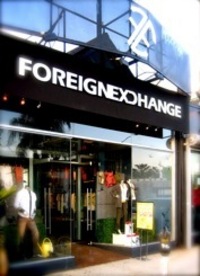 After the initial three stores were built, Akar alleges that Defendant requested and was provided with proposals by Akar for the design of two additional stores. But the proposals were not accepted. After receiving the proposals, however, Akar asserts that Defendant provided Akar’s copyrighted architectural drawings to other architectural firms, Shubin+Donaldson Architects and Lee+Kim Design, to modify the designs and prepare derivative works for the two additional stores. In addition, Akar alleges that Defendants “affixed their logos and/or stamps to Akar’s Architectural Works and Technical Drawings, passing such documents as their own work, despite knowledge that such documents were prepared by Akar.”
After the initial three stores were built, Akar alleges that Defendant requested and was provided with proposals by Akar for the design of two additional stores. But the proposals were not accepted. After receiving the proposals, however, Akar asserts that Defendant provided Akar’s copyrighted architectural drawings to other architectural firms, Shubin+Donaldson Architects and Lee+Kim Design, to modify the designs and prepare derivative works for the two additional stores. In addition, Akar alleges that Defendants “affixed their logos and/or stamps to Akar’s Architectural Works and Technical Drawings, passing such documents as their own work, despite knowledge that such documents were prepared by Akar.”
Akar further alleges that after the work had been copied, Foreign Exchange’s representative had Akar execute a “Lien Release” in exchange for final payment. But buried in the release – unbeknownst to Akar – was a transfer of intellectual property rights. In addition to the copyright infringement and Lanham Act claims, Akar asserts breach of contract, fraud, rescission, and §17200 unfair competition claims. The case is Akar, Inc. v. Foreign Exchange, Inc., et al., CV 09-4940 GAF (C.D. Cal. 2009).
 Los Angeles Intellectual Property Trademark Attorney Blog
Los Angeles Intellectual Property Trademark Attorney Blog


